I made a gradient descent algorithm in Python and it doesn't work. My m and b values keep increasing and never stop until I get the -inf error or the overflow encountered in square error.
import numpy as np
x = np.array([2,3,4,5])
y = np.array([5,7,9,5])
m = np.random.randn()
b = np.random.randn()
error = 0
lr = 0.0001
for q in range(1000):
for i in range(len(x)):
ypred = m*x[i] + b
error += (ypred - y[i]) **2
m = m - (x * error) *lr
b = b - (lr * error)
print(b,m)
I expected my algorithm to return the best m and b values for my data (x and y) but it didn't work. What is going wrong?
